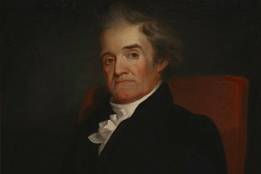traveled or travelled; traveling or travelling
ˈtra-və-liŋ 

ˈtrav-liŋ
1
2
a(1)
: to move or undergo transmission from one place to another
goods traveling by plane
(2)
: to withstand relocation successfully
a dish that travels well
b
: to move in a given direction or path or through a given distance
the stylus travels in a groove
c
: to move rapidly
a car that can really travel
3
: to take more steps while holding a basketball than the rules allow
1
2
3
: the number traveling : traffic
4
a
: movement, progression
the travel of satellites around the earth
b
: the motion of a piece of machinery
especially
: reciprocating motion
Love words? Need even more definitions?
Merriam-Webster unabridged

















Share